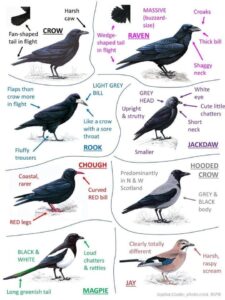[162b] τὸν δ᾽ Ἀρίονα μετ᾽ αὐτοῦ κομίζειν ἀποκεκρυμμένον, ὅπως μὴ προαισθόμενοι τὴν σωτηρίαν διαφύγοιεν. ὄντως οὖν ἐοικέναι θείᾳ τύχῃ τὸ πρᾶγμα: παρεῖναι γὰρ αὐτοὺς ἅμα δεῦρο καὶ πυνθάνεσθαι τῆς νεὼς κεκρατημένης ὑπὸ τῶν στρατιωτῶν συνειλῆφθαι τοὺς ἐμπόρους καὶ ναύτας. ὁ μὲν οὖν Περίανδρος ἐκέλευσεν εὐθὺς ἐξαναστάντα τὸν Γόργον εἰς φυλακὴν ἀποθέσθαι τοὺς ἄνδρας οἷ μηδεὶς αὐτοῖς πρόσεισι μηδὲ φράσει τὸν Ἀρίονα σεσωσμένον: ὁ δ᾽ Αἴσωπος ‘ἀλλ᾽ ὑμεῖς’ ἔφη ‘τοὺς ἐμοὺς χλευάζετε κολοιοὺς καὶ κόρακας εἰ διαλέγονται, δελφῖνες δὲ τοιαῦτα νεανιεύονται.’ Κἀγὼ πρὸς αὐτὸν ‘ ἄλλο τι λέγωμεν’ ἔφην ‘ὦ Αἴσωπε: ’
- Map
- Pre Reading
- Post Reading
- Culture Essay
n/a
-
- Periander experiences a range of emotive responses to the story Gorgus tells him: first vexed (ἀχθόμενος), then angry (ἀγανακτῶν), disbelieving (ἀπιστῶν), amazed (θαυμάζων), and finally laughing (γελάσας). Re-read the story of Arion and try to determine what parts of the story might correspond to these emotions. Cite the Greek text to support your analysis.
- The divine plays an important role in Plutarch’s telling of the tale of Arion. Find the passages where the gods are referenced and determine what message Plutarch might have in mind for Periander and for us?
